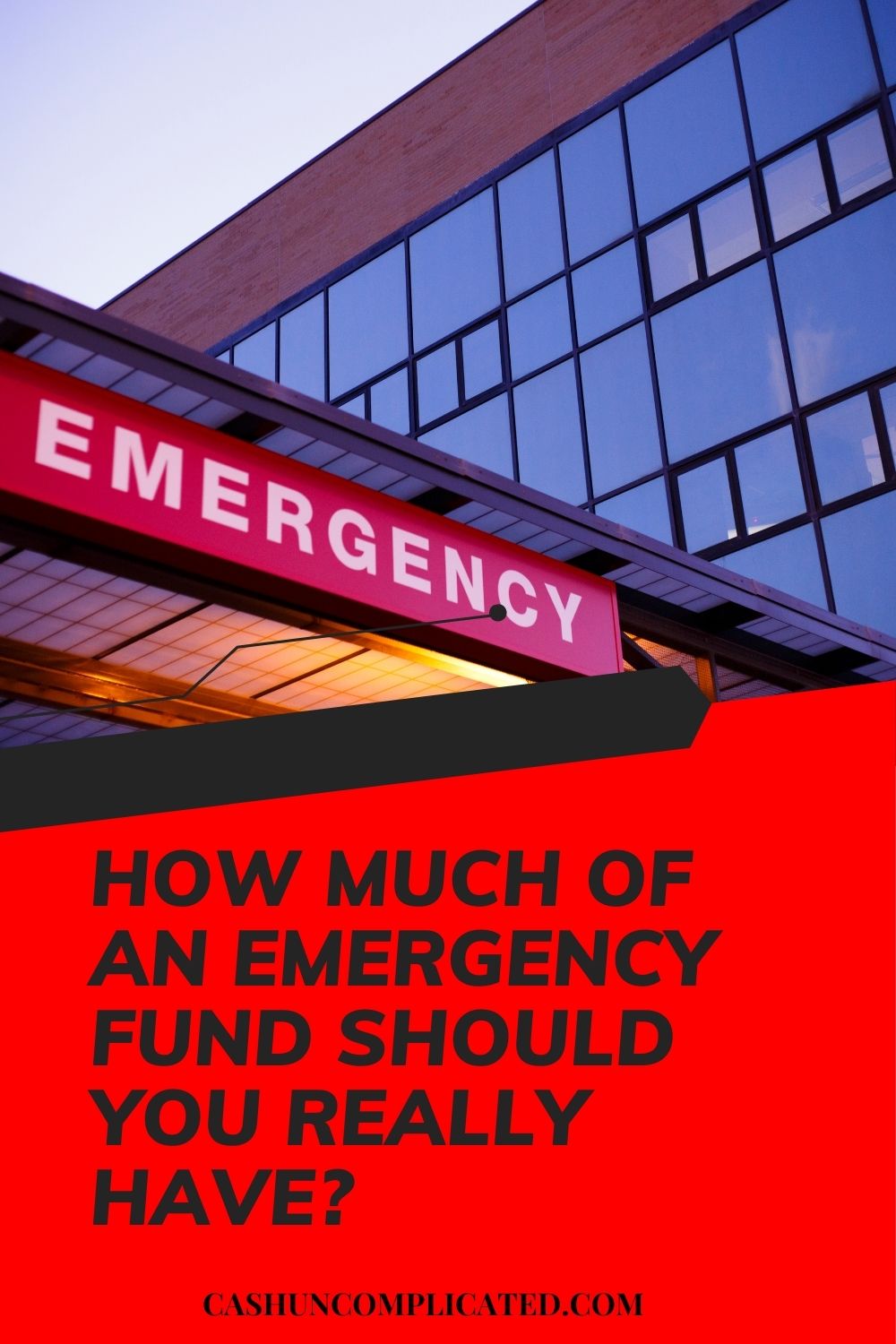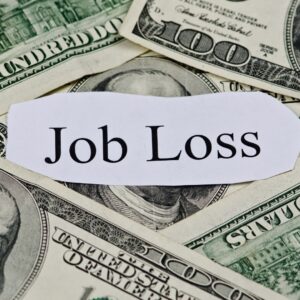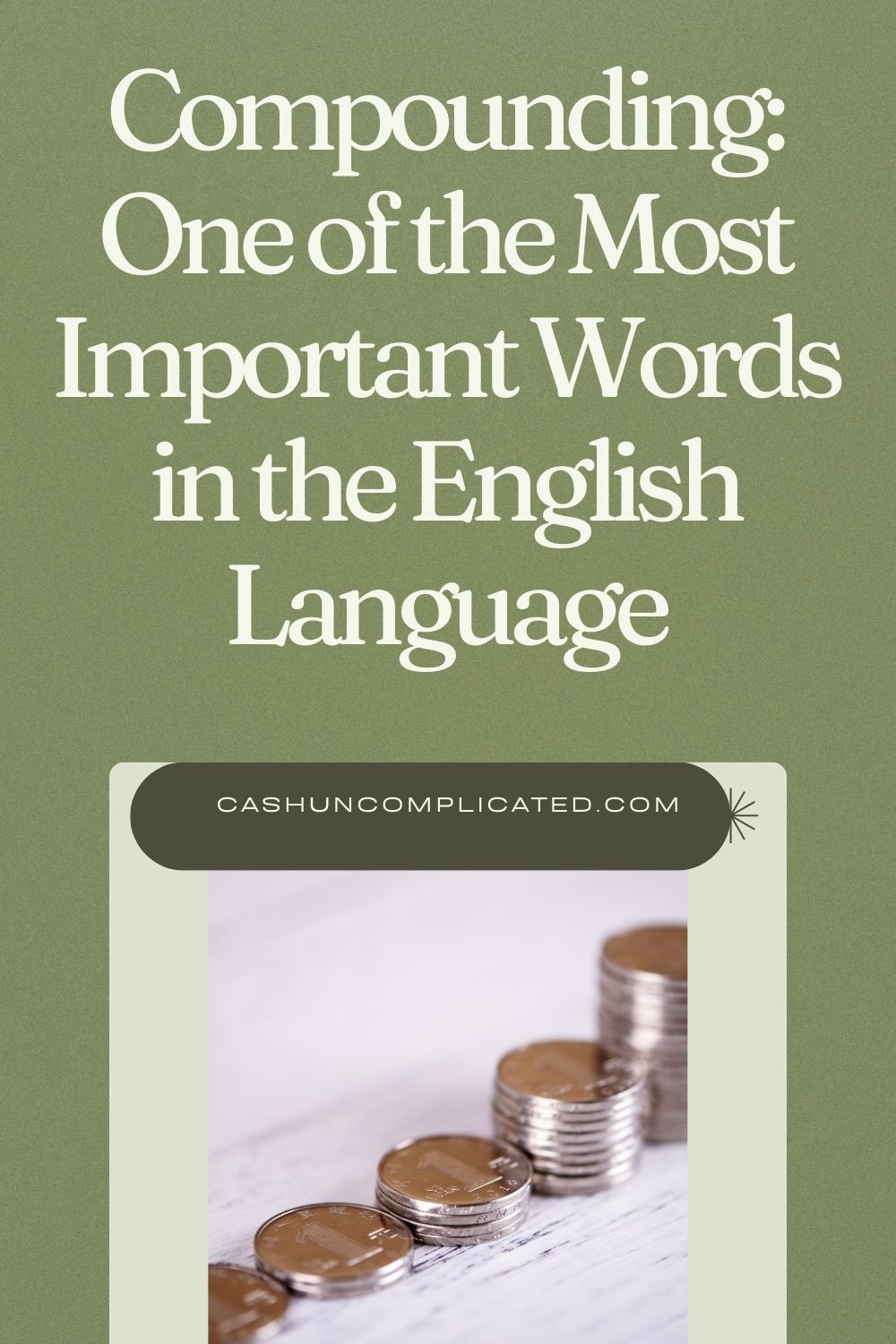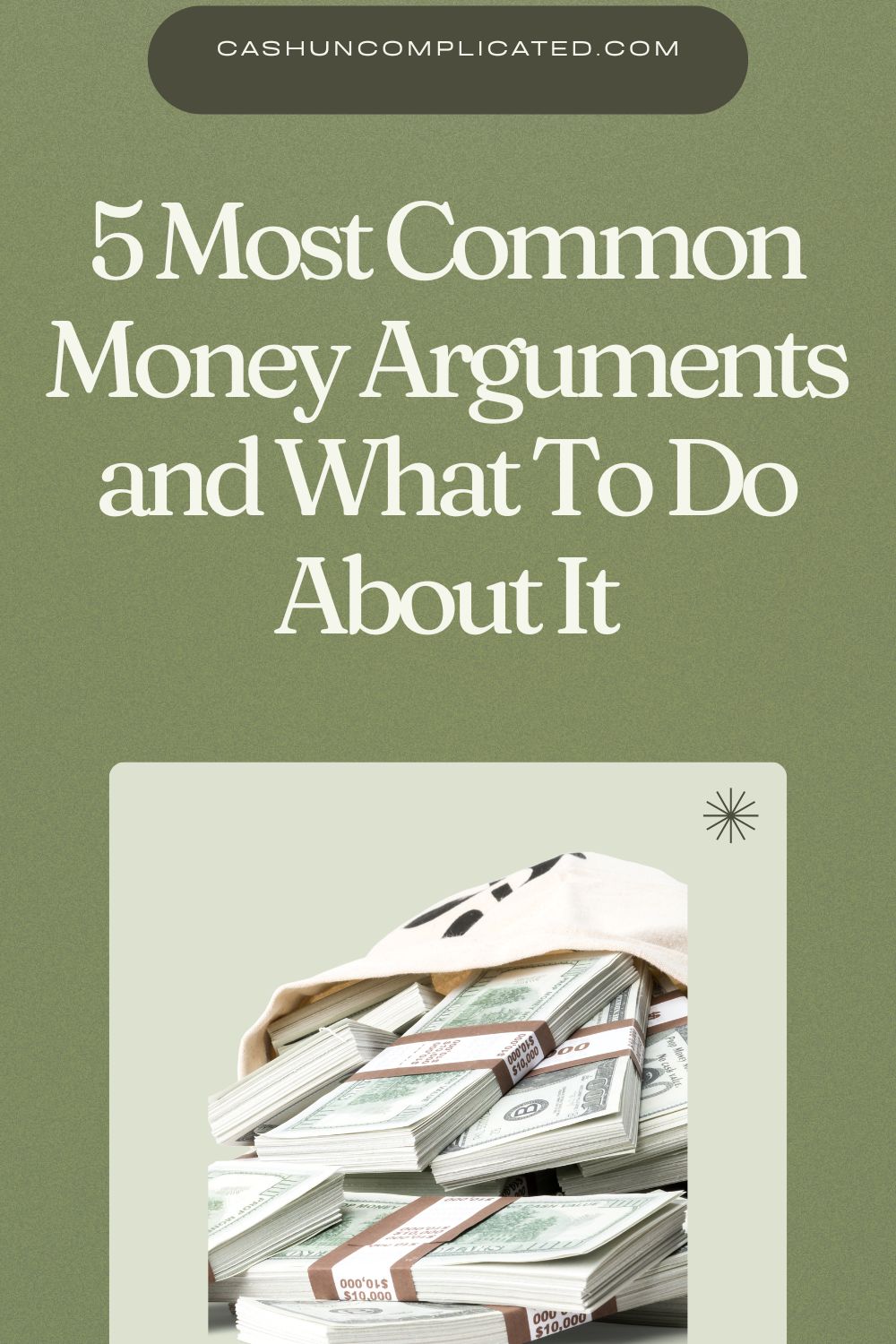One of the most common personal finance questions I hear is how much should you have in your emergency fund. So many of the “experts” give different answers. 3-6 months, $3,000-$5,000, 9 months, one-year minimum, two years. The answers are all over the place—it can be seriously confusing.
What is an Emergency?
The first thing to do is define what an emergency actually is. An emergency isn’t an oil change for your car. Oil changes are reasonably predictable and should be accounted for in monthly living expenses. An unplanned weekend trip also isn’t an emergency, there are other ways to plan for those types of trips.
An emergency account has a very narrow scope, and that is to give you and your family some financial protection from true emergencies that come in two forms:
- Completely unexpected costs. Examples include: an expensive car repair like replacing a transmission, a major home repair, a medical bill with an outrageously large deducible.
- Protection against job loss. If you were to lose your job and your income, an emergency fund buys you some time to cover your essentials while you are looking for another job.
Anything outside of these two things can be planned for in other ways, such as disability insurance, home insurance, life insurance, etc. Having a clear definition of what an emergency is will help you decide how much of an emergency fund to have.
Completely Unexpected Costs
Unexpected costs happen. They’re called unexpected because they are hard to predict. The only thing we can predict is that stuff will happen—we just don’t know what kind of stuff. Therefore, we want to have some money to cover those unexpected costs, even though we don’t know what they’ll be, or when they will come up. Having a little bit of money set aside for these costs protects you for the unexpected.
I like to have somewhere in the range of $3,000-$4,000 for unexpected costs. That will cover most of the big things like car repairs and issues with the home. It’s not likely I’m going to have to spend the entire $3,000-$4,000 but it helps me sleep better at night knowing it’s there.
Related:
- The Broken Down Car and the Emergency Fund
- Why the Pandemic Prompted Me to Increase My Emergency Fund
Protection Against Job Loss
If you were to lose your job, you would still need to pay your rent/mortgage and basic living expenses. Calculate how much you would need every month for basic expenses. Think bare bones, as basic as possible. Keep in mind that if you lost your job you would immediately cut out travel, entertainment, and expensive dinners.
It might be that you normally spend $3,700 every month. That covers your basic expenses, as well as the fun stuff like entertainment, travel, and going out to restaurants. It’s a total budget covering everything you do during normal times. However, if you lost your source of income, you’re not in normal times anymore. You’re not going to need that entire $3,700 monthly budget. If your rent/mortgage is $1,400, food is $400, and other expenses like student loans, electricity bill, water, comes out to $400 you only need $2,200 for the month ($1,400 + $400 + $500).
Using this calculation, your basic monthly living expenses are $2,200 not $3,700. $2,200 is the number you will use to decide how many months of living expenses you will need to keep. If you want to have at least three months of expenses, you’ll keep $6,600. Four months and you’ll need $8,800. Six months would be $13,200. And one year would come out to $26,400.
So How Much Do I Need?
It depends. There are some key things to consider when trying to figure out how much you need to fully fund your emergency account. Ask yourself:
- How secure is my job?
- How transferable are my job skills?
- Can I find part time work to cover all or part of my basic expenses while looking for a job?
- Do I have other sources of income like stock dividends, rental property, etc.?
- How good are my insurances like medical and disability?
- In a worst case scenario, do I have investments I can pull from if I absolutely need to?
- Finally, what will help me sleep at night?
- Have I talked with a fiduciary financial advisor about this?
Answering these questions will help you decide on how much you need in your emergency account. If you are a teacher with several years of tenure, your job is probably relatively secure, and you may not need as large of an emergency account. However, if you are commission based salesperson in a field that goes up and down with the economy, you’ll probably want a little more.
If you are a high paid executive in an industry that is hard to find work in, and you have high living costs, you’ll probably want to have a larger emergency fund. If you know it could take you a long time to find another job, and there’s a good chance you’ll make less, you will probably want to have a larger emergency fund as well.
Someone fresh out of college with very low living expenses, and make very little money, chances are good that you can find other work with comparable pay in case of a job loss. Someone in this position probably doesn’t need a large emergency fund because they can easily replace any job. Two to three months might be enough for someone in a position like this.
Conclusion: What Helps You Sleep Better at Night?
Perhaps the most important question when deciding how much you need might be this: What will help me sleep at night? If you are the type of person who highly values security, you probably want an emergency fund of at least six months. You might even want closer to a year. Even if you don’t need that much of a runway, if it helps you sleep better at night, why not. Even though some of that money would be better off invested, you can’t put a price tag on peace of mind and doing what is right for you.
In the end, it is hard to give a definitive answer on how much you need in your emergency fund because there are so many variables. It really comes down to individual needs and situations. In general, everyone should work towards enough money for unexpected costs, plus at least a few months of bare bones living expenses to protect against job loss. That should help you get by during the unexpected, which is all that an emergency fund is really for.
How many months of an emergency fund do you like to keep?










